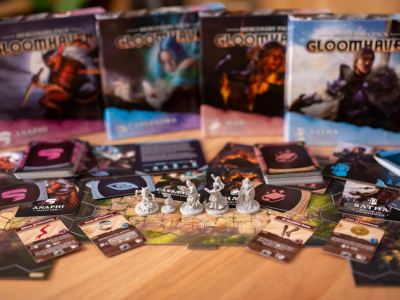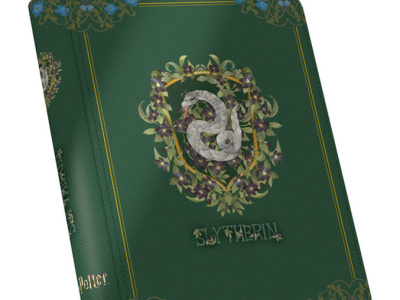Wizards of the Coast has filed a lawsuit against Nintendo of America and its affiliate, Pokemon USA, alleging breach of contract and patent infringement. In addition the suit charges that former WotC employees Richard Arons and Rene Flores, who were hired by Nintendo, revealed WotC trade secrets to their new employer. The lawsuit reveals the behind-the-scenes conflicts between the two organizations behind the biggest CCG boom in history. At its height in 1999 Pokemon cards were an obsession among America's youngsters -- so popular that they were banned in many schools. But nothing in the faddish world of children's entertainment can remain that white-hot forever, and Pokemon sales, though up recently, are at a fraction of their boom year levels.
Last March, after a five-year run which resulted in sales of some 10 billion cards worldwide, Nintendo rejected WotC's proposal to create the CCG for the latest iteration of the Pokemon property, Ruby/Sapphire (see 'No More WotC Pokebucks'). In his statement announcing that WotC would not produce the Ruby/Sapphire editions of the Pokemon Game, WotC CEO Chuck Huebner indicated that WotC would still issue two final expansions for the Gold/Silver edition of the game. However, according to WotC's complaint against Nintendo, Wizards has not been allowed to issue those expansions. WotC's lawsuit alleges that Nintendo did offer to let WotC release the two expansions, but only if Wizards would provide Nintendo with free marketing support and confidential information about tournament play.
WotC also accuses Nintendo of hiring seven key former WotC employees including the former art director, senior graphic designer, business manager, marketing director, and project management director from the WotC Pokemon team. WotC's suit also alleges that Nintendo's Ruby/Sapphire game infringes on WotC's patent on 'trading card games.' WotC invented the CCG genre in the early 1990s with its original Magic the Gathering game, and WotC has received a patent for 'trading card games.' WotC has not yet made a concerted effort to enforce its patent rights -- such a campaign could have a major effect dampening on the CCG market -- but the company did invoke its patent rights in this case, which means that the entire industry will be following this case very closely.







